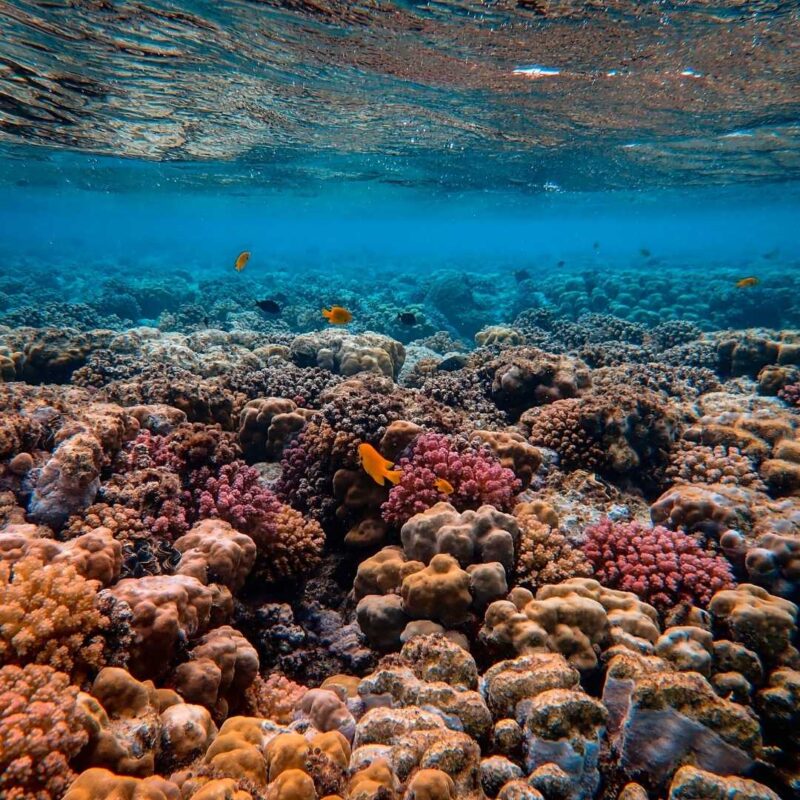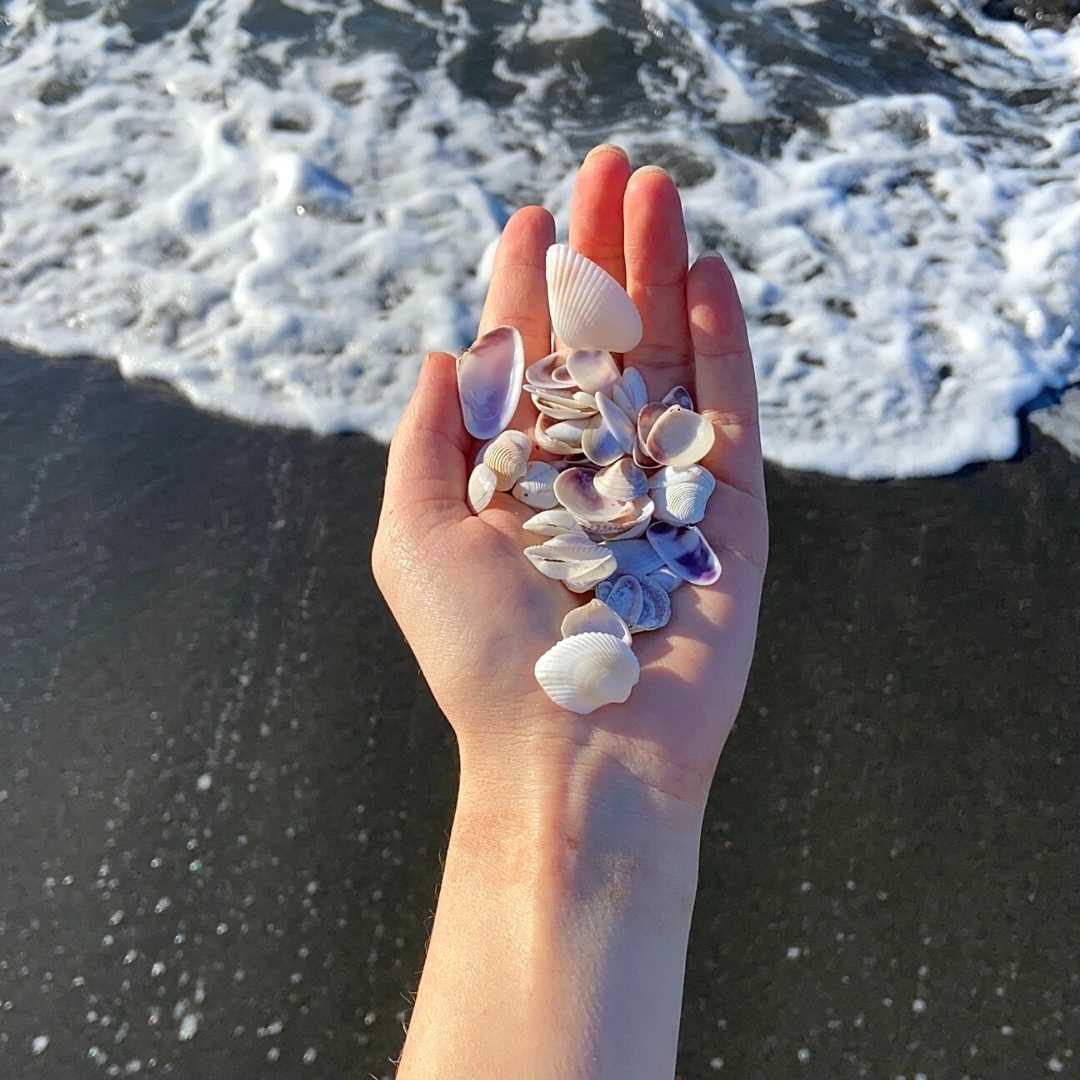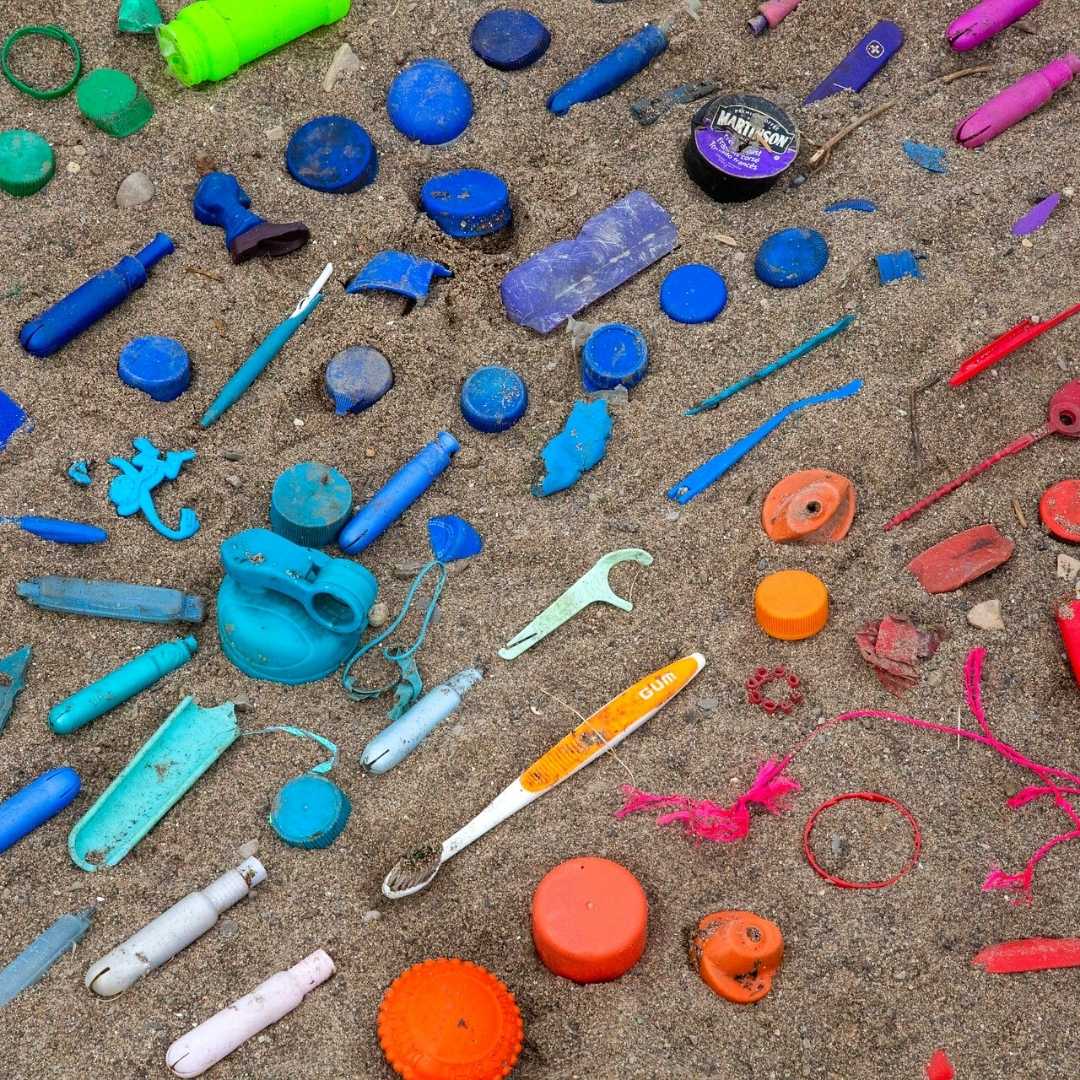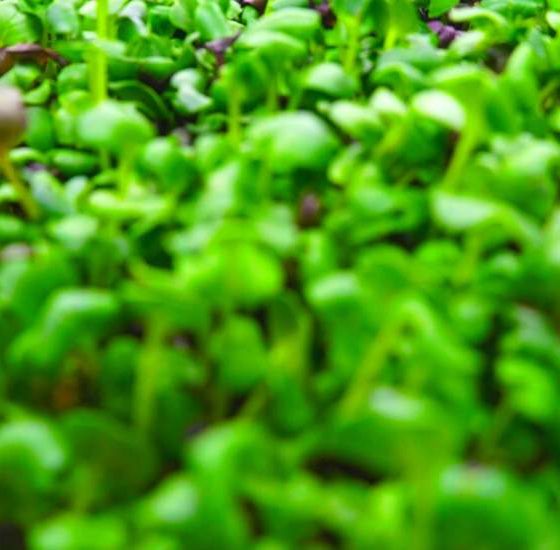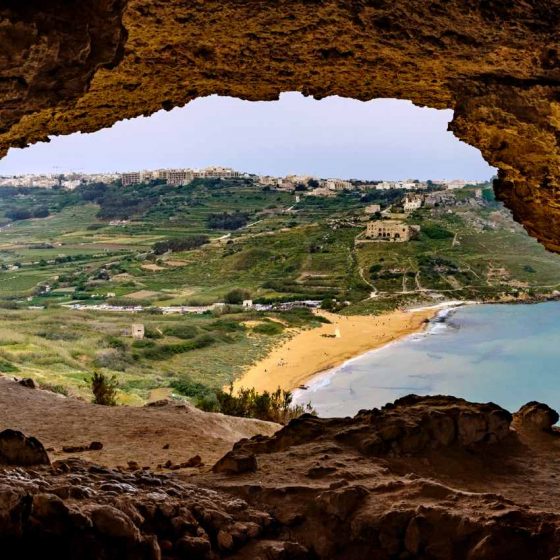World Oceans Day is the day we, as a collective set new intentions for the year ahead. Intentions that honour our oceans and our planet.
We live on a water planet. More than two-thirds of the Earth’s surface is covered with water and the ocean plays a crucial role in the ecosystem of life on Earth.
It produces 70% of our oxygen and absorbs almost 30% of manmade carbon emissions. The ocean is the planet’s life force, home to countless species of marine wildlife, and also the number one source of protein for more than a billion people.
World Oceans Day was first celebrated on 8 June 2009. Established by the United Nations, the day is a call to raise awareness about the impact of human actions on the ocean and mobilize everyone towards its sustainable management. The reason is simple, the ocean’s ability to support human health is at risk, and it is currently dramatically and quickly declining. This decline is attributed to three main causes.
1. Ocean Acidification:
Human activity has an effect on the chemical balance in the ocean’s pH levels. The presence of more carbon in the atmosphere is turning the ocean water acidic, and this is happening too rapidly than the ocean’s eco-system can handle and adapt to. As a result, ocean acidification is threatening the extinction of under-water species, including shellfish and corals. These species are not only food, but also sources of medicinal research, and livelihood for billions of people worldwide.
2. Plastic Pollution
Every year, more than 12 million tonnes (or 12 trillion kgs) of plastic are dumped in the oceans – every year! Half of that amount is single-use plastic. Plastic in the ocean kills more than 100 million marine animals every year – either by ingesting it or becoming entangled in it. The Great Pacific Garbage Patch is a collection of marine debris, piled up by the ocean currents – together, it is currently three times the size of France. Pieces of plastic are making their way up the food chain and today pose a threat to human health.
3. Climate Change
The ocean regulates our weather; it absorbs 98% of the heat from the sun’s rays and moves it around the earth via currents. As the heat increases, the ocean currents get disrupted, creating severe storm events and elevating sea levels. It is foreseen, that, in a not-so-distant future, most shore-line cities will be underwater, eventually leading to disasters, mass evacuation, and the collapse of economies.
As Plato said, “The sea cures all ailments of man.” The ocean does not only give us air to breathe, or food to eat, or medicine to cure ourselves, but it also provides mental well-being. Besides the exercise and enjoyment, we take from numerous water sports, or even a simple swim, who of us never felt serenity and tranquillity when near the sea? Since ancient times, humans have assigned healing and transformational properties to water. Perhaps it’s because humans are also made of water, 70% to be exact; and even though we may not be conscious of it, water induces us in a mildly meditative state of calm and gentle awareness.
Making an impact
We need a fundamental course correction to our relationship with the ocean, and immediate strong measures, such as the 30×30 action, which is a global plan to protect 30% of land and oceans by 2030. What else can you do?
You can conserve water. Not just at home, by turning off the tap while brushing your teeth, but also by being careful of what you buy. For example, a T-shirt requires at least 2,000 litres of water to produce the required cotton. When you start buying consciously, you will start realising that many everyday products contain dangerous microplastics, like toothpaste for instance. You can stop using single-use plastic. You can join a beach or an underwater clean-up. You can consume fish and seafood more responsibly. You can decide to educate yourself more and inspire others.
Here is a list of some great documentaries to watch next: Chasing Coral, Seaspiracy, The Cove, A Plastic Ocean, Mission Blue: Home. If you prefer books, we recommend Into the Planet by Jill Heinerth, The Outlaw Ocean by Ian Urbina, and The Water will Come by Jeff Goodell.
Words: Zen D’Amato Gautam. Edited: Gozo In The House
Read more Slow Living articles on Gozo In The House

